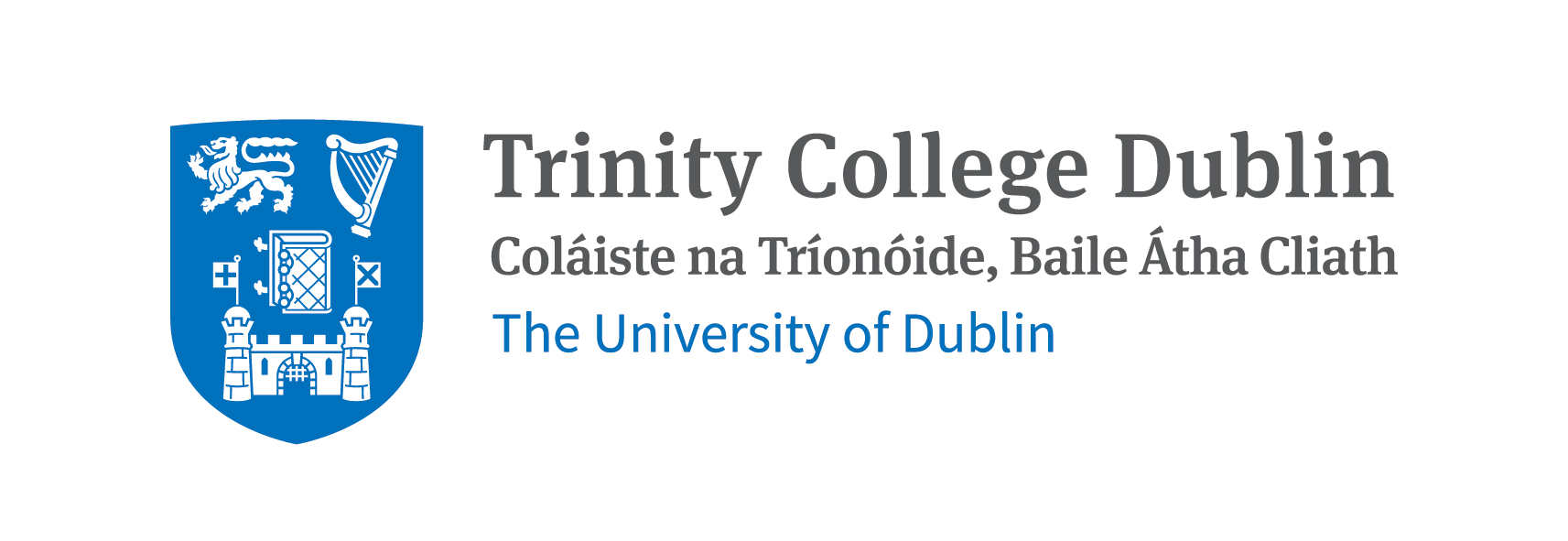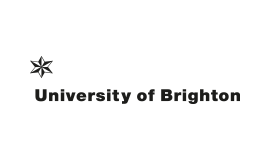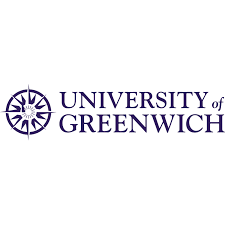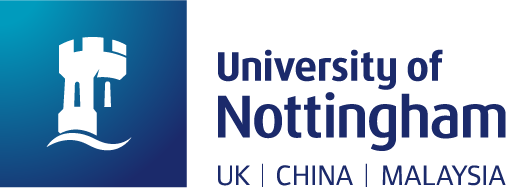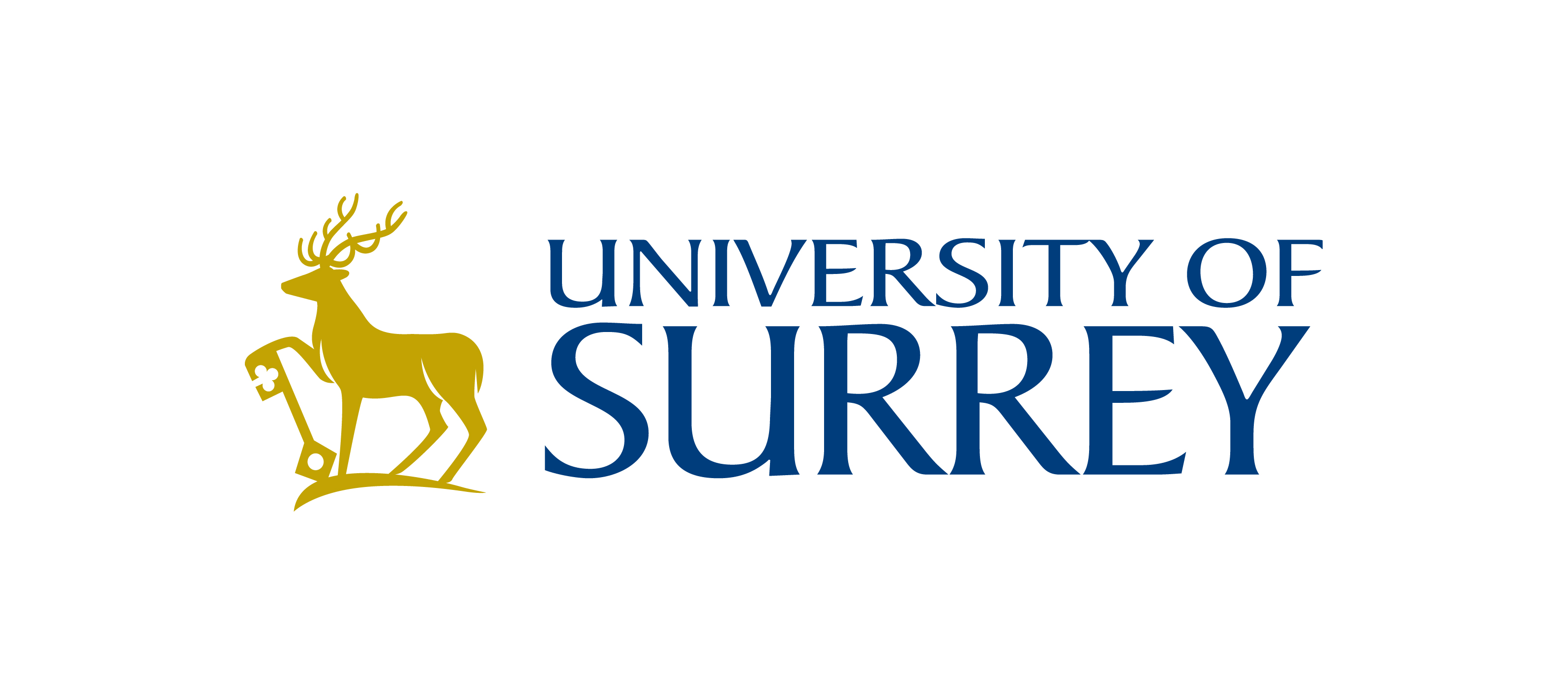Pharmaceutical Sciences: Your Gateway to a Global Career in Healthcare
Embarking on a journey in Pharmaceutical Sciences abroad can open doors to innovative research, cutting-edge drug development, and a rewarding career in the global healthcare industry. For Indian students, this field is particularly promising, given India's position as one of the world's largest producers of generic medicines. Studying abroad equips you with advanced knowledge, international exposure, and skills that are highly valued both in India and internationally. Whether you're passionate about drug formulation, clinical trials, or pharmacotherapy, a degree in Pharmaceutical Sciences will prepare you to make a tangible impact on public health.
This course page provides a comprehensive guide tailored for Indian students aspiring to study Pharmaceutical Sciences overseas. From program overviews to application tips, we'll cover everything you need to know to take the next step.
Why Choose Pharmaceutical Sciences Abroad?
The pharmaceutical industry is booming globally, with a projected growth rate of over 6% annually through 2030. For Indian students, pursuing this discipline abroad offers several unique advantages:
- World-Class Education and Research Facilities: Countries like the USA, UK, Canada, and Australia boast top-ranked universities with state-of-the-art labs, collaborations with pharmaceutical giants like Pfizer and Novartis, and access to advanced technologies such as AI-driven drug discovery.
- Global Recognition: Degrees from accredited international institutions are recognized by bodies like the Pharmacy Council of India (PCI) and the All India Council for Technical Education (AICTE), facilitating easier registration as a pharmacist back home.
- Practical Exposure: Programs emphasize hands-on training through internships, co-op placements, and industry projects, giving you real-world experience that Indian curricula often lack in depth.
- Career Mobility: Graduates can pursue opportunities in multinational companies, research organizations, or even start their own ventures in India's thriving pharma sector, which employs over 3 million people.
- Cultural and Professional Networking: Studying abroad helps build a diverse network, essential for collaborations in the interconnected world of pharmaceuticals.
Moreover, the field addresses global challenges like antibiotic resistance and personalized medicine, allowing you to contribute to solutions that benefit millions, including in India where healthcare access is a priority.
Top Destinations for Studying Pharmaceutical Sciences
Selecting the right country is crucial. Here's a breakdown of popular destinations, highlighting their strengths for Indian students:
| Country | Top Universities | Key Advantages | Average Tuition (INR per year) | Post-Study Work Visa |
|---|---|---|---|---|
| USA | University of California (San Francisco), Purdue University | Strong focus on biotech and clinical research; high employability in Big Pharma | 25-40 lakhs | OPT up to 3 years for STEM fields |
| UK | University College London (UCL), University of Oxford | Short program durations (1-2 years for MS); emphasis on regulatory affairs | 20-30 lakhs | Graduate Route Visa: 2 years |
| Canada | University of Toronto, University of British Columbia | Affordable living costs; multicultural environment ideal for Indians | 15-25 lakhs | PGWP up to 3 years |
| Australia | University of Sydney, Monash University | Industry partnerships with companies like CSL; warm climate similar to India | 18-28 lakhs | Temporary Graduate Visa: 2-4 years |
| Germany | Heidelberg University, LMU Munich | Low or no tuition fees; strong in pharmaceutical chemistry | 5-10 lakhs (mostly living costs) | 18-month job search visa |
These destinations offer programs in English, making them accessible for Indian students. Germany stands out for budget-conscious aspirants, while the USA provides unparalleled research opportunities.
Course Structure and Curriculum
Pharmaceutical Sciences programs vary by level—Bachelor's (BPharm or BS), Master's (MPharm or MS), and PhD—but most Indian students opt for Master's due to the solid foundation from Indian BPharm degrees. Typical duration is 1-2 years for Master's and 4 years for Bachelor's.
Core Subjects include:
- Pharmacology and Toxicology: Study of drug effects on biological systems and safety assessments.
- Pharmaceutics: Drug formulation, delivery systems, and manufacturing processes.
- Medicinal Chemistry: Design and synthesis of new therapeutic agents.
- Pharmacokinetics and Pharmacodynamics: How drugs are absorbed, distributed, metabolized, and excreted.
- Regulatory Affairs and Quality Control: Compliance with FDA, EMA, and CDSCO standards—crucial for India's export-oriented pharma industry.
- Biopharmaceutics and Biotechnology: Emerging areas like gene therapy and nanomedicine.
Programs often incorporate electives such as Clinical Pharmacy or Pharmacoepidemiology, allowing specialization. Expect a mix of lectures, lab work, seminars, and a thesis or capstone project. For instance, at Purdue University, students engage in collaborative research with industry partners, simulating real drug development pipelines.
Assessment methods include exams, practicals, presentations, and research dissertations, fostering critical thinking and innovation—skills that set you apart in competitive job markets.
Eligibility Criteria for Indian Students
To qualify for Pharmaceutical Sciences programs abroad, Indian students must meet academic and language requirements. Here's a step-by-step overview:
- Academic Qualifications: A Bachelor's in Pharmacy (BPharm) or related field with a minimum GPA of 3.0/4.0 (around 60-70% in Indian grading). For PhD, a Master's is often required.
- Standardized Tests: GRE for USA/Canada (optional in some UK/Australia programs); PCAT for undergrad in the USA.
- English Proficiency: IELTS (6.5+ overall) or TOEFL (90+); some universities accept Duolingo English Test.
- Work Experience: Preferred for Master's/PhD; 1-2 years in pharma labs or hospitals strengthens applications.
- Documents Needed: Transcripts, SOP (Statement of Purpose) highlighting your interest in pharma and career goals, LORs (2-3 from professors/employers), CV, and passport.
Visa requirements include proof of funds (e.g., CAD 20,000 for Canada) and health insurance. Indian students should check for country-specific rules, like the UK's credibility interview.
Scholarships and Financial Aid
Studying abroad can be expensive, but numerous scholarships ease the burden for meritorious Indian students:
- Country-Specific:
- USA: Fulbright-Nehru Master's Fellowships (full coverage for Indians).
- UK: Chevening Scholarships (tuition + stipend).
- Canada: Vanier Canada Graduate Scholarships (CAD 50,000/year).
- Australia: Australia Awards for developing countries like India.
- University Scholarships: Merit-based awards at UCL (up to £10,000) or Monash (AUD 10,000 reduction).
- Indian Government Aid: National Overseas Scholarship for SC/ST students; ICCR scholarships for cultural exchange.
- Private Funding: PharmD scholarships from companies like Sun Pharma or Dr. Reddy's for returning graduates.
Part-time jobs (up to 20 hours/week) and assistantships (teaching/research) can cover living costs, estimated at INR 8-15 lakhs annually depending on the country.
Career Prospects and Opportunities
A degree in Pharmaceutical Sciences abroad launches you into a high-demand field. In India, the sector is valued at $50 billion and growing, with roles in companies like Cipla, Lupin, and Biocon. Globally, the average starting salary for MS graduates is $80,000-$100,000 (INR 65-80 lakhs), rising to $120,000+ with experience.
Popular Career Paths:
- Research Scientist: Develop new drugs at labs like Roche or Indian Institute of Chemical Technology.
- Regulatory Affairs Specialist: Ensure compliance for market approvals; high demand in India's export market.
- Clinical Pharmacist: Work in hospitals or trials; salaries in the USA exceed $130,000.
- Quality Assurance Manager: Oversee manufacturing in GMP-certified facilities.
- Entrepreneur: Launch startups in nutraceuticals or telemedicine, leveraging India's digital health boom.
With post-study work visas, many Indian graduates gain 1-3 years of international experience before returning or settling abroad. The field also offers pathways to PhD and academia, contributing to India's goal of becoming a pharma innovation hub.
Application Process: Step-by-Step Guide
Applying early is key—deadlines are typically November to February for fall intake. Follow these steps:
- Research Programs: Use sites like QS Rankings or Studyportals to shortlist 5-10 universities.
- Prepare Documents: Tailor your SOP to explain how the program aligns with India's healthcare challenges, like affordable drug access.
- Take Tests: Schedule IELTS/GRE 3-6 months in advance.
- Apply Online: Through university portals or centralized systems like UCAS (UK).
- Secure Funding: Apply for scholarships simultaneously.
- Visa Application: After acceptance, submit to respective embassies (e.g., VFS for UK/Canada).
- Pre-Departure Prep: Attend orientation webinars; pack essentials like adapters for Indian appliances.
Seek guidance from education consultants or platforms like IDP/Edwise, specializing in Indian students.
Conclusion: Start Your Journey Today
Pharmaceutical Sciences abroad is more than a degree—it's a launchpad for innovation and impact. As an Indian student, you'll bridge global expertise with local needs, advancing India's role in the world of medicine. With determination and the right preparation, your dream of studying in top institutions is within reach. Explore programs, connect with alumni, and take the first step towards a fulfilling career. Your future in pharma awaits!




